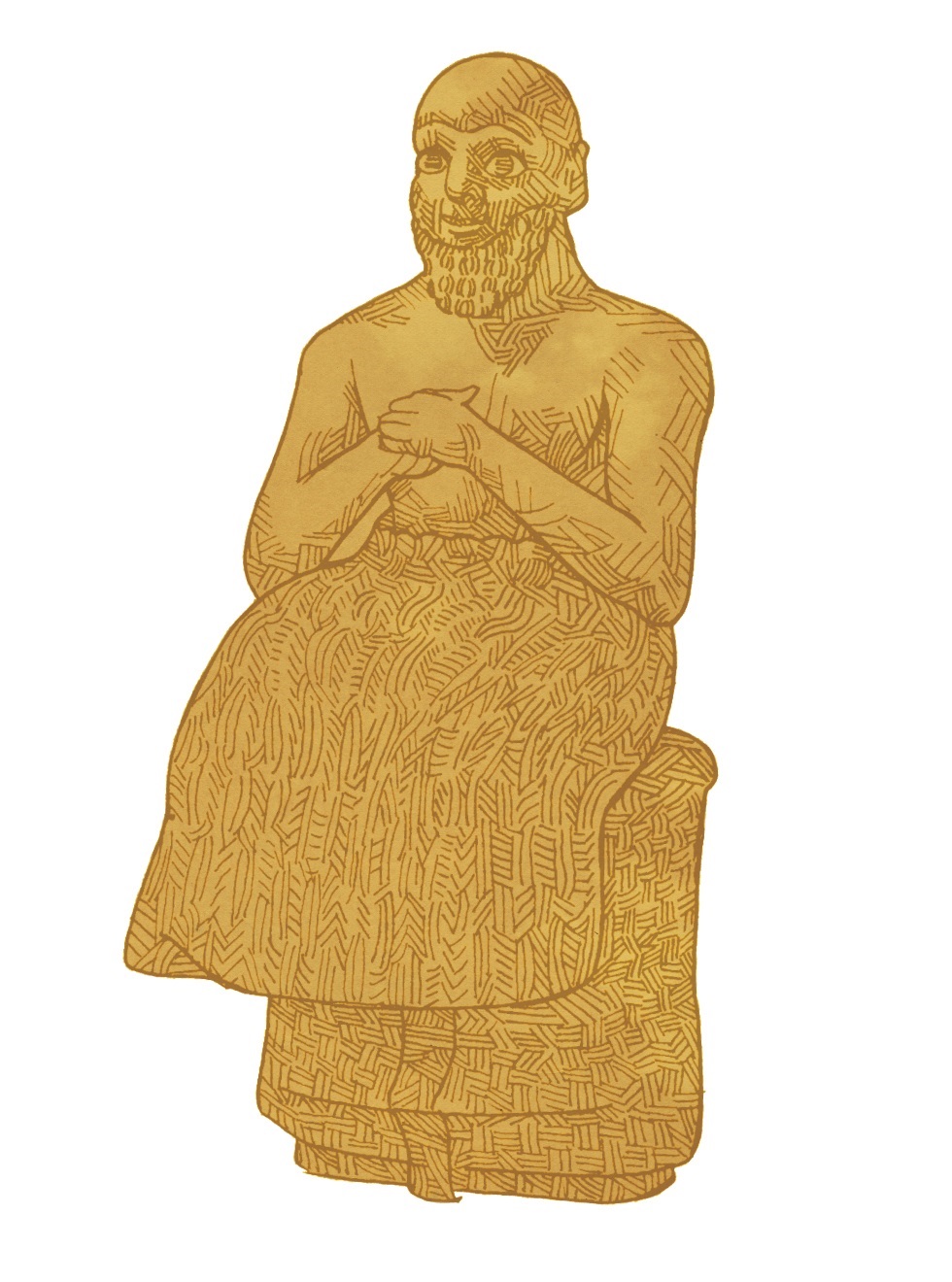An Optative Indicative? A Real Factual Past? Toward A Cognitive-Typological Approach to the Precative Qatal
DOI:
https://doi.org/10.5508/jhs.2013.v13.a4Abstract
This article approaches the problem of the precative qatal in Biblical Hebrew from a cognitive and typological perspective. In keeping with the cognitive understanding of “meaning,” the article (re-)construes a plausible chaining procedure that relates the precative qatal to the prevailing indicative (perfect, perfective and past) domain of the gram. This chaining represents a typologically plausible scenario for rationalizing, on both conceptual and diachronic levels, the “spread” that can be observed from the central point of the network (the Proto-Semitic resultative proper sense) to the different values available in Biblical Hebrew. In this way, the article relates the two, superficially contradictory, semantic spheres (i.e., the perfect-perfective-past indicative and the precative), and advances a holistic-synchronic definition of the total semantic potential of the gram.

 Statue of Ebih-Il, drawing by Simeon Goa, © Journal of Hebrew Scriptures
Statue of Ebih-Il, drawing by Simeon Goa, © Journal of Hebrew Scriptures
